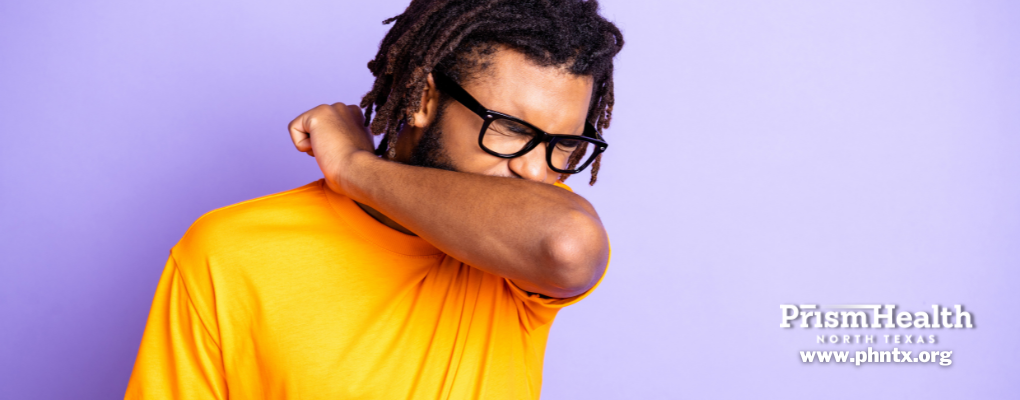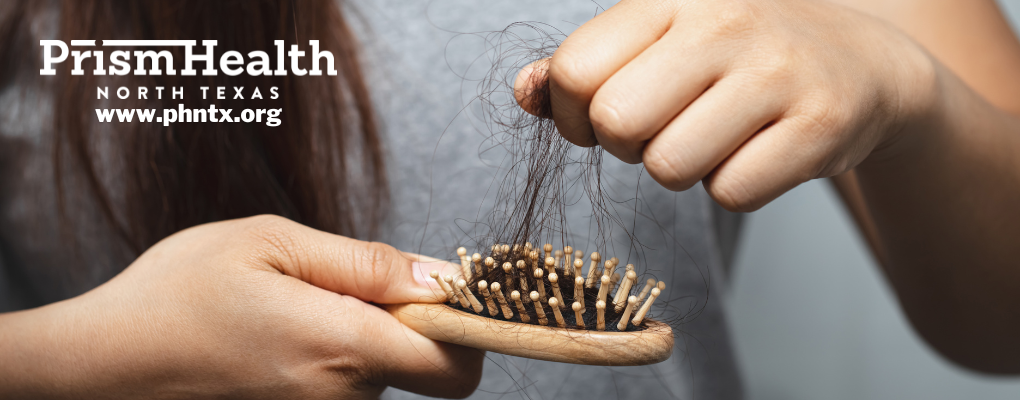
Seasonal Allergies in DFW
Published: 05-22-2023 | 1 MIN READ | Author: Prism Health North Texas
Dallas is consistently ranked among the most challenging places to live in the United States if you have allergies. According to the Asthma and Allergy Foundation of America,* Dallas is the 2nd place allergy capital in the U.S. This is calculated by pollen (tree, grass, and weed) scores, how many people buy over-the-counter allergy medicine, and how many allergy specialists are available in the area.
Most common allergies in Dallas:
- Mold: Year-around peaking in July-late summer
- Tree pollen: February-June
- Grass pollen: March-September
- Ragweed: August-November
- Mountain Cedar pollen: December-February
What to do for relief
Treating allergies is a lot like avoiding getting sick with bugs or viruses. There are a few steps you can take to lessen your body’s reaction to allergies:
Stay inside on dry or windy days.
When working outside do so after it rains, wear a mask, remove your outdoor work clothing, and take a shower to get pollen off your skin.
Check the local news for updates on pollen counts. When it’s high take allergy medication before your symptoms start.
Use air conditioning when in your house or car.
Use high-efficiency filters and dehumidifiers indoors.
Over-the-counter medications like oral antihistamines and decongestants, as well as corticosteroid and cromolyn sodium nasal sprays, can help lessen minor reactions.
Sources:



